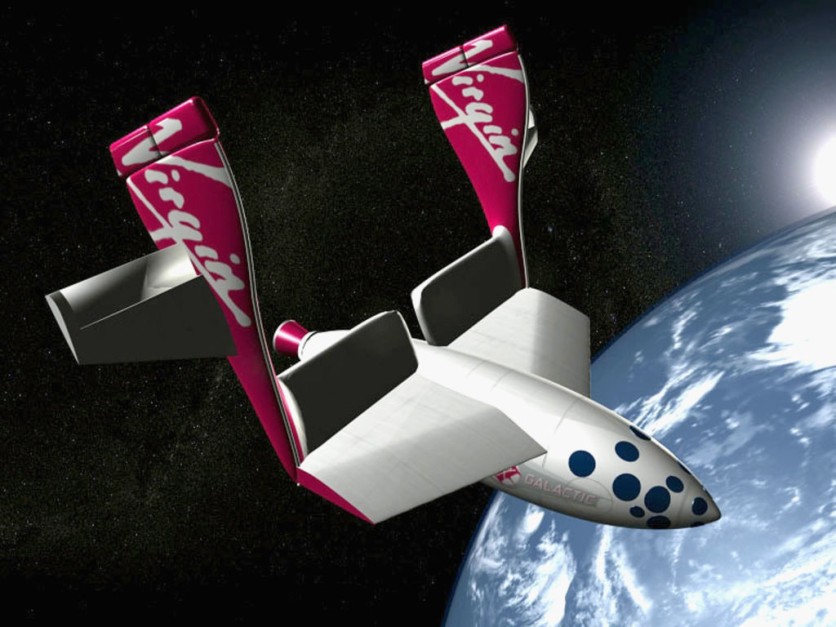Virgin Orbit, the private space company owned by Sir Richard Branson, has filed for Chapter 11 bankruptcy protection just a few days after ceasing its space launch operations, reported first by the Financial Times.
The company, struggling financially, reported a loss of $49.2 million in its last fiscal quarter. Although Virgin Orbit attempted to raise funds through a public SPAC merger, it only received less than half the expected $483 million in gross proceeds.

Virgin Orbit's Financial Problems
With the failure of the "Start Me Up" mission in 2022, which was supposed to be the first orbital launch from the UK but failed to reach orbit due to a dislodged fuel filter, the company's financial problems became more apparent.
In March, the company ceased operations and furloughed most of its staff while seeking new backers. However, towards the end of the month, the company was forced to extend its staff leave due to a lack of new deals.
Virgin Orbit's talks with Texas-based investor Matthew Brown, who was preparing to invest $200 million in the company, reportedly fell through, prompting the company to file for bankruptcy.
According to CNBC's Investing in Space newsletter, Sir Richard Branson did not want to keep control of the company even if it went bankrupt. The Virgin Group was looking for new funding sources and potential buyers.
Virgin Orbit is expected to lay off 85% of its workforce, with up to 675 employees losing their jobs. One hundred employees will be retained when the subsidiary shuts down.
The laid-off employees will receive a severance package, cash payment, benefits extension, and a direct pipeline to apply to Virgin Galactic.
Chapter 11 Protection
Virgin Orbit has completed six flights since 2020, four of which were able to put satellites in orbit.
Virgin Orbit's search for a buyer will proceed while protected by Chapter 11, but the process could result in the business being wound down if it doesn't find a new owner.
The company hit the headlines in January 2022 when its mission to launch the first satellites into orbit from Europe failed after a rocket's upper stage malfunctioned.
The company had hoped that the launch from Cornwall would be the start of more commercial opportunities. In February, the company revealed that a fuel filter had become dislodged, leading to engine overheating and other component malfunctions over the Atlantic Ocean.
Despite four successful satellite launches from California, Virgin Orbit struggled to secure additional funding, leading to the latest job cuts.
The company stated that the layoffs would occur across all areas of the company and planned to cost $15.5 million in redundancy expenses.
Related Article : [BREAKING] Virgin Orbit Launches First Commercial Payloads Using LauncherOne Rocket

ⓒ 2026 TECHTIMES.com All rights reserved. Do not reproduce without permission.




